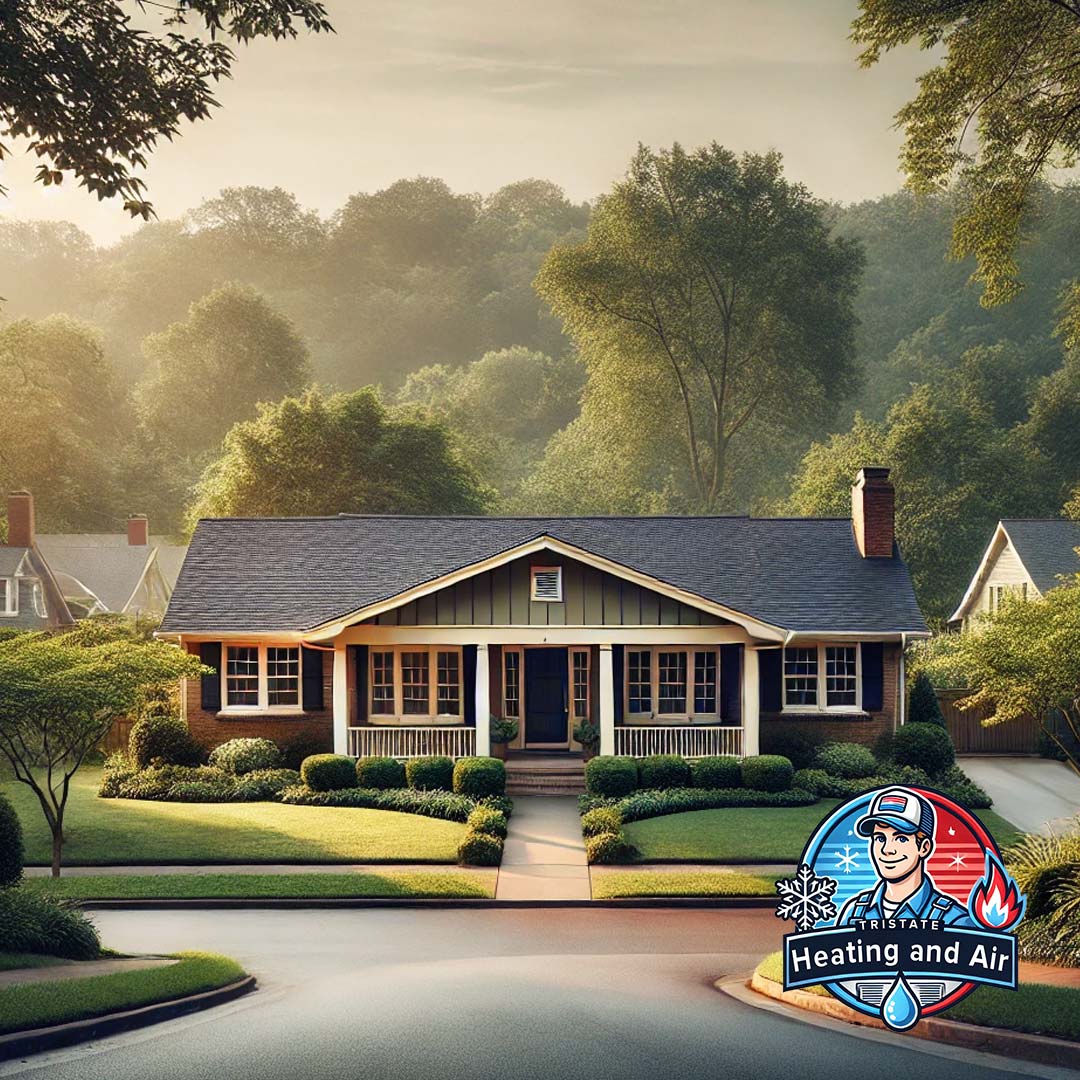Published: Sep 27, 2024

The rise of smart home technology is revolutionizing the way we manage and interact with our HVAC systems. From smart thermostats to connected sensors, these innovations offer homeowners unprecedented control over their home’s climate, along with enhanced comfort and energy efficiency. In this article, we’ll explore how smart home technology is transforming HVAC management, the benefits it offers, and what you need to know to make the most of these advancements.
Smart thermostats are at the forefront of smart home HVAC technology. These devices allow you to control your home’s temperature remotely, set customized schedules, and even learn your preferences over time to optimize comfort and efficiency.
Smart sensors can be placed in different rooms of your home to monitor temperature, humidity, and occupancy. These sensors can work with your smart thermostat to create a zoned heating and cooling system, where each area of your home is maintained at its optimal temperature.
Your HVAC system can be integrated with other smart home devices to create a seamless, automated living environment. For example, smart blinds can be programmed to close during the hottest part of the day to reduce cooling needs, while motion sensors can trigger temperature adjustments based on occupancy.
One of the most powerful features of smart HVAC technology is the ability to collect and analyze data. Smart thermostats and sensors can track energy usage, identify patterns, and provide insights into how your system is performing. This data can help you make informed decisions about energy use and identify opportunities for further savings.
As with any connected technology, it’s important to consider security and privacy when implementing smart HVAC solutions. Ensure that your devices are secure and that your data is protected from unauthorized access.
Smart home technology is transforming HVAC management, offering homeowners greater control, enhanced comfort, and significant energy savings. By investing in smart thermostats, connected sensors, and integrated systems, you can optimize your home’s climate while reducing your environmental footprint. As with any technology, it’s important to choose the right devices for your needs, ensure they are properly installed, and take steps to protect your data and privacy. If you’re considering upgrading your HVAC system with smart technology, consult with a professional to explore the best options for your home.

Our expert technicians are ready to assist you 24/7!
Contact Us Today!Read our latest articles for helpful information about heating, cooling, and air quality.
Regular HVAC maintenance is essential for improving energy efficiency, extending the lifespan of your system, enhancing...
Read MoreImplement these 10 tips to enhance the air quality in your home, promoting a healthier living environment for you and y...
Read MoreRegular seasonal HVAC maintenance is essential for maximizing system efficiency, ensuring indoor air quality, preventing...
Read MoreSmart thermostats offer energy savings, convenience, learning capabilities, and integration with smart home systems, mak...
Read More